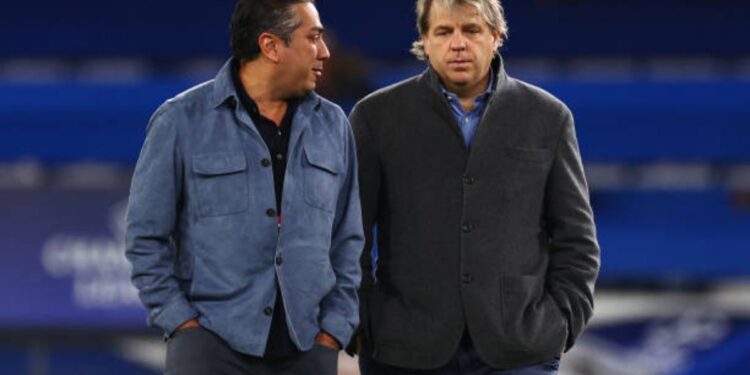Why Chelsea Can Only Complete Two More Transfers: FIFA Loan Rules Explained
Chelsea’s transfer strategy under the BlueCo ownership model has seen heavy investment in youth and the use of sister club RC Strasbourg as a key development ground. However, FIFA’s international loan regulations are now tightening the margin for maneuver, with Chelsea facing hard limits on how many players they can still send out on loan abroad this summer.
FIFA’s New Loan Limits
As of the 2024/25 season, FIFA regulations state that clubs are only permitted to send a maximum of seven players on international loans per season (this will reduce further to six next season). The aim is to prevent stockpiling and improve player development across the board.
With three players — Kendry Paez, Mamadou Sarr, and Mike Penders — already loaned to RC Strasbourg, and others like Deivid Washington at Santos, Chelsea are nearing their cap.
Currently, the Blues have five players on international loans, meaning they can only complete two more outgoing international loans without breaching FIFA rules.
The Strasbourg Situation
RC Strasbourg, owned by BlueCo alongside Chelsea, has effectively become an extension of Chelsea’s development pathway. It offers valuable experience in Ligue 1 and European football (they will compete in the Conference League this season), and Chelsea have already used this route with:
- Angelo Gabriel
- Djordje Petrovic (now sold to Bournemouth)
- Andrey Santos
- Caleb Wiley
- Mike Penders
- Mamadou Sarr
- Kendry Paez
However, only three players from a single club can be loaned to a specific foreign team under FIFA rules. Chelsea have hit that maximum with Strasbourg for this season.
Impact on Remaining Loan Decisions
This limitation now forces Chelsea into a more selective process for their final two available international loans. Players like Tyrique George, Josh Acheampong, and Marc Guiu are all considered prime candidates for loan deals — but they may now need to look toward domestic opportunities or leagues outside FIFA’s international jurisdictional cap (i.e., domestic Championship or Premier League loans).
Additionally, Chelsea may opt for permanent sales with buy-back clauses or loan deals with obligations to buy to sidestep FIFA’s cap, as was seen in the case of Mathis Amougou, who moved permanently to Strasbourg rather than on loan.
ChelseaBrief Conclusion
Chelsea’s loan network — once a tool for squad growth and market leverage — is now bound by clear global restrictions. With only two international loan slots left, careful planning is required for the likes of Guiu, George, and other young talents.
As FIFA continues to clamp down on multi-club stockpiling practices, Chelsea’s sporting directors Paul Winstanley and Laurence Stewart must now walk a fine line between squad development, Financial Fair Play (FFP), and long-term sustainability.
Why Chelsea Can Only Complete Two More Transfers: FIFA Loan Rules Explained

 Predictions
Predictions
















 Fixtures and Results
Fixtures and Results Transfers
Transfers Injuries
Injuries Chelsea Academy
Chelsea Academy Chelsea Women
Chelsea Women